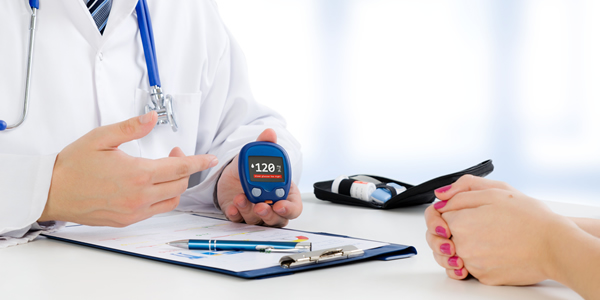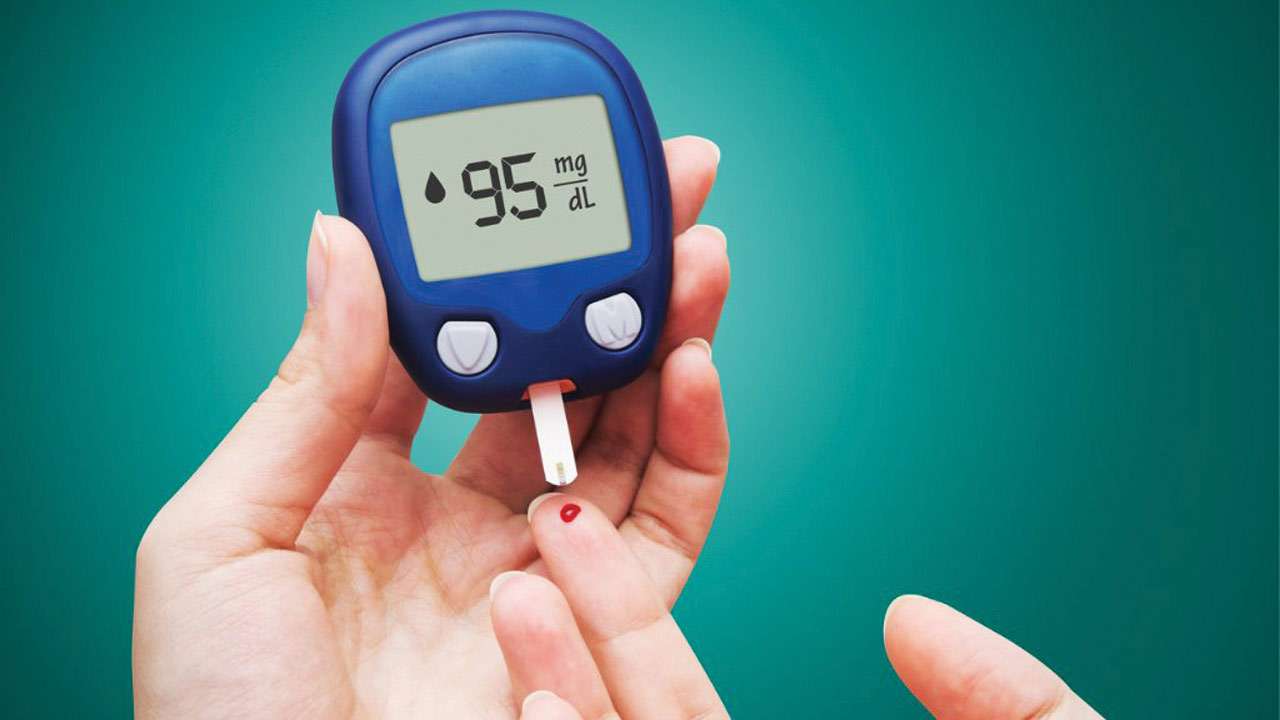Diabetes Who

Diabetes is a serious, chronic disease that occurs either when the pancreas does not produce enough insulin (a hormone that regulates blood sugar, or glucose), or when the body cannot effectively use the insulin it produces. diabetes is an important public health problem, one of four priority noncommunicable diseases. Diabetes is a chronic (long-lasting) health condition that affects how your body turns food into energy. most of the food you eat is broken down into sugar (also called glucose) and released into your bloodstream.
See more videos for diabetes who. American diabetes association. diabetes who @amdiabetesassn. we are thrilled to announce that the very first pilots with insulin-treated diabetes have been cleared by the faa for commercial flight. today is a historic day. .
However, if you’ve had gestational diabetes, you have a greater chance of developing type 2 diabetes later in life. sometimes diabetes diagnosed during pregnancy is actually type 2 diabetes. other types of diabetes less common types include monogenic diabetes, which is an inherited form of diabetes, and cystic fibrosis-related diabetes. Type 1 diabetes is thought to be caused by an autoimmune reaction (the body attacks itself by mistake) that stops your body from making insulin. approximately 5-10% of the people who have diabetes have type 1. symptoms of type 1 diabetes often develop quickly. it’s usually diagnosed in children, teens, and young adults.
Diabetes is the cause of 2. 6% of global blindness(2). diabetes is among the leading causes of kidney failure(3). prevention. simple lifestyle measures have been shown to be effective in preventing or delaying the onset of type 2 diabetes. to help prevent type 2 diabetes and its complications, people should: achieve and maintain a healthy diabetes who body. What is diabetes? diabetes is a chronic, metabolic disease characterized by elevated levels of blood glucose (or blood sugar), which leads over time to serious damage to the heart, blood vessels, eyes, kidneys, and nerves.
Global report on diabetes on the occasion of world health day 2016, who issues a call for action on diabetes, drawing attention to the need to step up prevention and treatment of the disease. the first who global report on diabetes demonstrates that the number of adults living with diabetes has almost quadrupled since 1980 to 422 million adults. Global report on diabetes on the occasion of world health day 2016, who issues a call for action on diabetes, drawing attention to the need to step up prevention and treatment of the disease. the first who global report on diabetes demonstrates that the number of adults living with diabetes has almost quadrupled since 1980 to 422 million adults. World health organisation (who) recommendations. diabetes uk supports the diagnostic criteria published by the who in 2006: "definition and diagnosis of diabetes mellitus and intermediate hyperglycaemia". diabetes uk also welcomes the 2011 decision by the who to accept the use of hba1c testing in diagnosing diabetes: "use of glycated haemoglobin in the diagnosis of diabetes mellitus". Diabetes ireland is the only national charity in ireland dedicated to helping people with diabetes. we achieve this by providing support, education and motivation to everyone affected by diabetes. we also raises public awareness of diabetes and its symptoms and fund research into finding a cure for diabetes.
Whoeurope Diabetes
Diagnosis. symptoms of type 1 diabetes often appear suddenly and are often the reason for checking blood sugar levels. because symptoms of other types of diabetes and prediabetes come on more gradually or may not be evident, the american diabetes association (ada) has recommended screening guidelines. Diabetes is a number of diseases that involve problems with the hormone insulin. normally, the pancreas (an organ behind the stomach) releases insulin to help your body store and use the sugar and. Symptoms. diabetessymptoms vary depending on how much your blood sugar is elevated. some people, especially those with prediabetes or type 2 diabetes, may not experience symptoms initially. in type 1 diabetes, symptoms tend to come on quickly and be more severe. some of the signs and symptoms of type 1 and type 2 diabetes are: increased thirst.
What Is Diabetes Cdc
Diabetes overview. diabetes is a number of diseases that involve problems with the hormone insulin. normally, the pancreas (an organ behind the stomach) releases insulin to help your body store. 14 november 2018. on world diabetes day 2018, who joins partners around the world to highlight the impact diabetes has on families and the role of family members in supporting prevention, early diagnosis and good management of diabetes. Diabetes mellitus refers to a group of diseases that affect how your body uses blood sugar (glucose). glucose is vital to your health because it's an important source of energy for the cells that make up your muscles and tissues. it's also your brain's main source of fuel. the underlying cause of diabetes varies by type. Our friends at sansum diabetes research institute (sdri) have created a website and helpline for the hispanic/latino population. for bilingual resources, visit latinodiabetes. sansum. org or call (805) 350-8730. if you are struggling to pay for insulin or know someone who is, the ada has resources to help—visit insulinhelp. org.
Diabetes is a serious, chronic disease that occurs either when the pancreas does not produce enough insulin (a hormone that regulates blood sugar, or glucose), or when the body cannot effectively use the insulin it. Diabetes mellitus (dm), commonly known as diabetes, is a group of metabolic disorders characterized by a high blood sugar level over a prolonged period of time. symptoms often include frequent urination, increased thirst, and increased appetite. if left untreated, diabetes can cause many complications. acute complications can include diabetic ketoacidosis, hyperosmolar hyperglycemic state, or. Diabetes in the region is a serious, chronic and costly disease that is estimated to rise to 23. 9 million cases by 2030. diabetes risk factors include physical inactivity, overweight and obesity, tobacco use and consuming foodstuffs that are high in bad fats and calories.
Diabetes is a disorder where the body does not produce insulin or does not use it efficiently. while it can lead to dangerous complications, diabetes is manageable. there are different types of. Diabetes mellitus, commonly known as diabetes, is a metabolic disease that causes high blood sugar. the hormone insulin moves sugar from the blood into your cells to be stored or used for energy.

Diabetes is the cause of 2. 6% of global blindness(2). diabetes is among the leading causes of kidney failure(3). prevention. simple lifestyle measures have been shown to be effective in preventing or delaying the onset of type 2 diabetes. diabetes who to help prevent type 2 diabetes and its complications, people should: achieve and maintain a healthy body weight;. Prediabetes has no symptoms, yet is usually present before a person develops type 2 diabetes. webmd explains the signs you may have prediabetes. Continued symptoms of type 1 diabetes. you might notice: unplanned weight loss. if your body can't get energy from your food, it will start burning muscle and fat for energy instead.
Diabetes. diabetes is a chronic, and largely preventable, disease that can lead diabetes who to cardiovascular disease, blindness, kidney failure, loss of limbs and loss of life. it causes suffering and hardship for the approximately 60 million people in the european region currently living with the disease, while also straining the region’s economies and.
Comments
Post a Comment